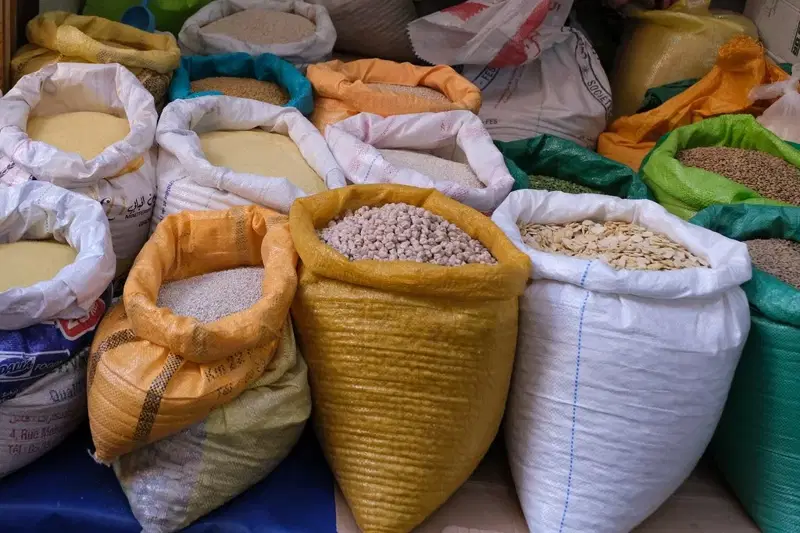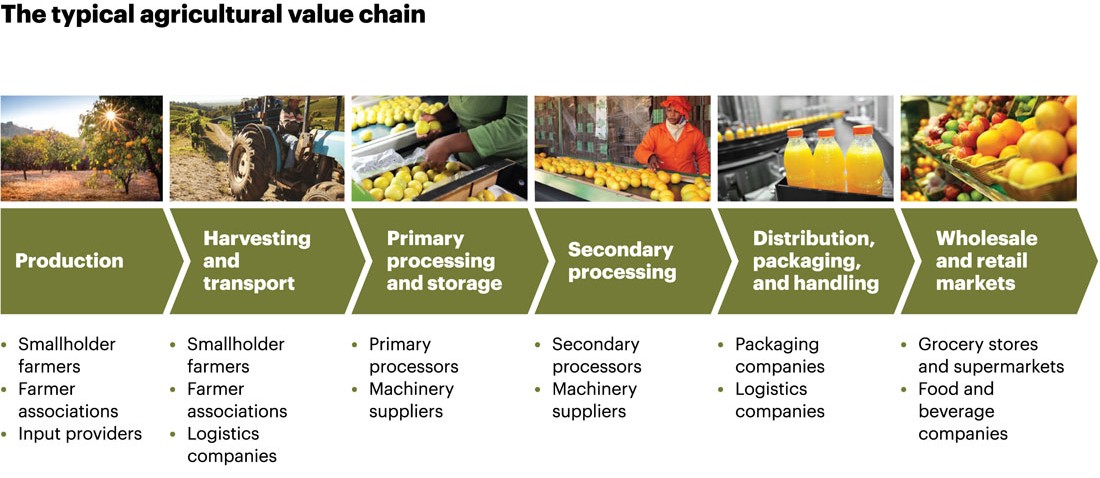As winter blankets parts of the African continent, a quiet revolution is taking root in the fields. Rather than lying dormant, smallholder farms and agribusinesses are capitalizing on the season by embracing value addition to their winter crops—transforming traditional farming into a year-round economic engine. Across regions like Southern Africa, East Africa, and the Maghreb, farmers are no longer content with simply harvesting raw produce. They are drying leafy greens, processing root vegetables into flour and purée, bottling citrus juices, and turning garlic into spice powders. This new wave of agro-innovation is reshaping Africa’s agricultural narrative and positioning the winter season as a vital contributor to rural income, food security, and export potential.
The idea of value addition in agriculture—enhancing raw products to increase their market value—is not new. However, what makes this moment significant is its alignment with broader continental goals to combat post-harvest losses, reduce unemployment, empower women, and boost intra-African trade. Winter crops such as spinach, kale, carrots, garlic, onions, and citrus fruits are now being processed and packaged for supermarkets and international markets. In countries like Kenya and Zimbabwe, solar-drying equipment is enabling farmers to preserve their harvest and extend its shelf life, reducing waste and opening doors to higher-value retail sales. In South Africa, cooperatives are milling winter wheat into flour for local distribution, while Morocco is leveraging citrus production for juice concentrates and essential oils—products with both domestic and global appeal.
Women and young entrepreneurs are at the forefront of this value-driven shift. Many are establishing micro-processing hubs in rural areas, where small-scale facilities convert fresh produce into branded consumer goods. These initiatives not only increase profits but also create jobs and stimulate local economies. According to recent development reports, value addition ventures led by women and youth are growing steadily, driven by a combination of low startup costs, strong market demand, and emerging support from development agencies and NGOs. “It’s no longer just farming,” said Aisha Conteh, a youth agripreneur in Dakar. “We are building brands, creating jobs, and feeding our communities smarter.”


Despite the momentum, challenges remain. Many rural areas still lack the infrastructure required to scale up agro-processing, such as reliable electricity, cold storage, and transportation networks. Access to finance also remains a barrier, with most smallholder farmers unable to afford packaging equipment or certification needed for formal retail. Additionally, market access—especially for processed goods—requires stronger supply chains and digital platforms that connect rural producers with urban and export buyers. Experts argue that without policy support and targeted investment, the full potential of value addition in winter agriculture may remain unrealized.
Governments across Africa are being urged to adopt policies that incentivize agricultural processing, including tax exemptions on equipment, training in food safety and product development, and support for cooperatives and incubators. Encouragingly, some nations are beginning to respond. Rwanda has introduced post-harvest support programs, while Nigeria’s agro-industrial zones are expanding access to mini-processing units for seasonal crops. Development partners like the African Development Bank and FAO are also increasing funding for rural processing projects, especially those led by women and youth.
The message is clear: value addition is no longer a luxury—it is a necessity. As Africa faces rising food demand, climate volatility, and shifting global trade patterns, the continent must harness every season and every opportunity. The winter farming season, once considered slow and limited, now holds immense potential. By turning fresh produce into longer-lasting, higher-value products, Africa’s farmers are not only feeding their nations but building a more resilient, diversified, and profitable agricultural economy.

In the months and years ahead, the success of this movement will depend on how well Africa can support its farmers in making the leap from subsistence to enterprise. The seeds of transformation are already sown. What remains is to nurture them—with investment, infrastructure, and innovation—so that winter becomes a season not of retreat, but of rich returns.